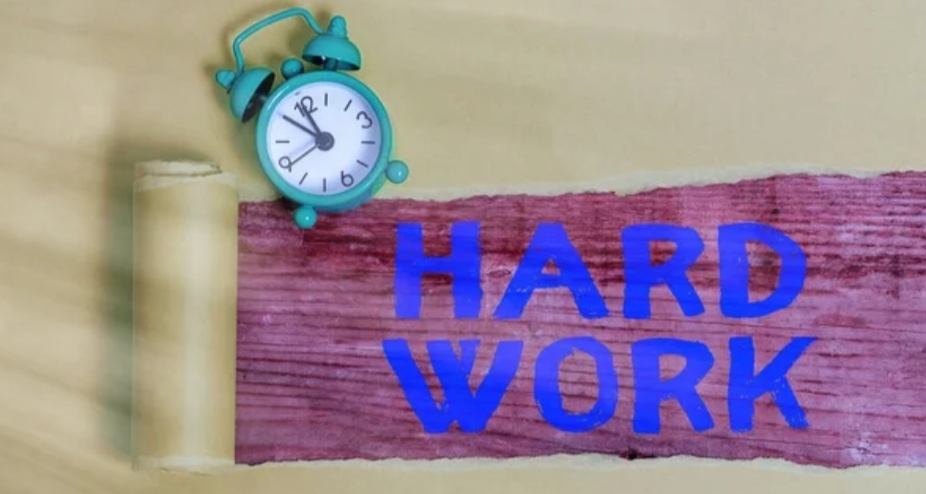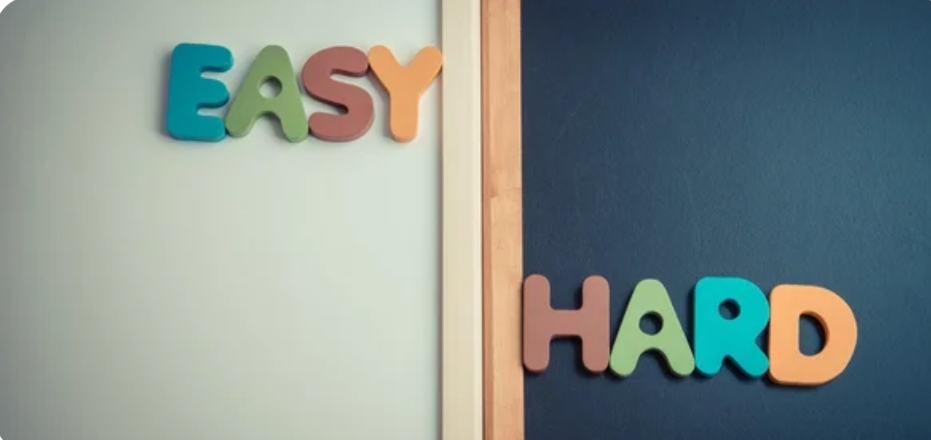
Hard work is often believed to be the key to success. The idea that putting in the time and effort will inevitably lead to positive results is ingrained in our society. However, there are times when hard work does not pay off, and despite our best efforts, success remains elusive.
One reason why hard work may not lead to desired outcomes is when external factors beyond our control come into play. Despite working diligently towards a goal, circumstances such as economic downturns, industry changes, or unforeseen events can hinder progress. No matter how hard we work, these external factors can thwart our efforts and prevent us from achieving success.
Another reason why hard work may not pay off is when we are focusing on the wrong things. Sometimes, we put in long hours and effort towards a goal that may not be aligned with our true passions and strengths. In these cases, no amount of hard work can compensate for being in the wrong field or pursuing the wrong path. It is important to reassess our goals and priorities to ensure that we are working towards something that truly matters to us.
Additionally, burnout can be a factor in why hard work does not pay off. Working tirelessly without taking breaks or caring for our well-being can lead to exhaustion and decreased productivity. It is important to strike a balance between hard work and self-care to avoid burnout and ensure that our efforts are sustainable in the long run.
What to do when hard work does not seem to pay off
When hard work does not pay off, it can be frustrating and disappointing. Here are some steps you can take to cope with the situation:
- Reflect on the situation: Take some time to reflect on your efforts and evaluate what went wrong. Consider if there were any external factors that may have contributed to the lack of success.
- Seek feedback: If possible, ask for feedback from colleagues, mentors, or supervisors to gain insight into what could have been improved. Constructive criticism can help you learn and grow from the experience.
- Do not give up: It is important to not let one setback discourage you. Stay motivated and continue to work hard towards your goals. Remember that success is often not linear and setbacks are a natural part of the process.
- Explore new strategies: Consider trying different approaches or strategies in order to achieve your goals. Experiment with new ideas and techniques to see if they yield better results.
- Focus on the positives: Acknowledge and celebrate the hard work you put in, regardless of the outcome. Recognize your efforts and the skills you have developed along the way.
- Seek support: Talk to friends, family, or a therapist about your feelings and experiences. Having a support system can help you process your emotions and gain perspective on the situation.
- Set new goals: Take this opportunity to reassess your goals and aspirations. Adjust your plans and set new objectives that align with your values and interests.
Remember, setbacks are a natural part of any journey towards success. Stay resilient, stay positive, and keep pushing forward towards your dreams.


